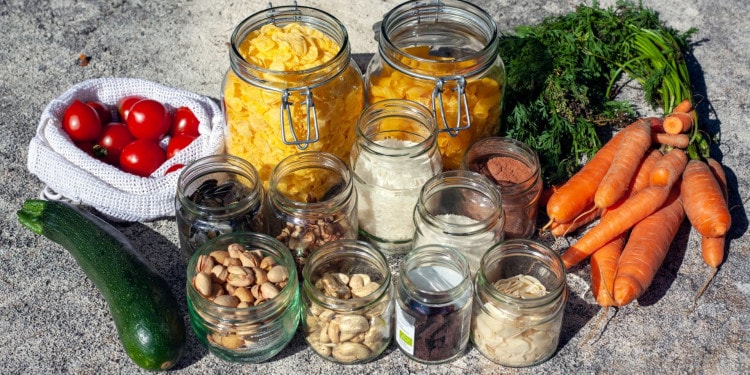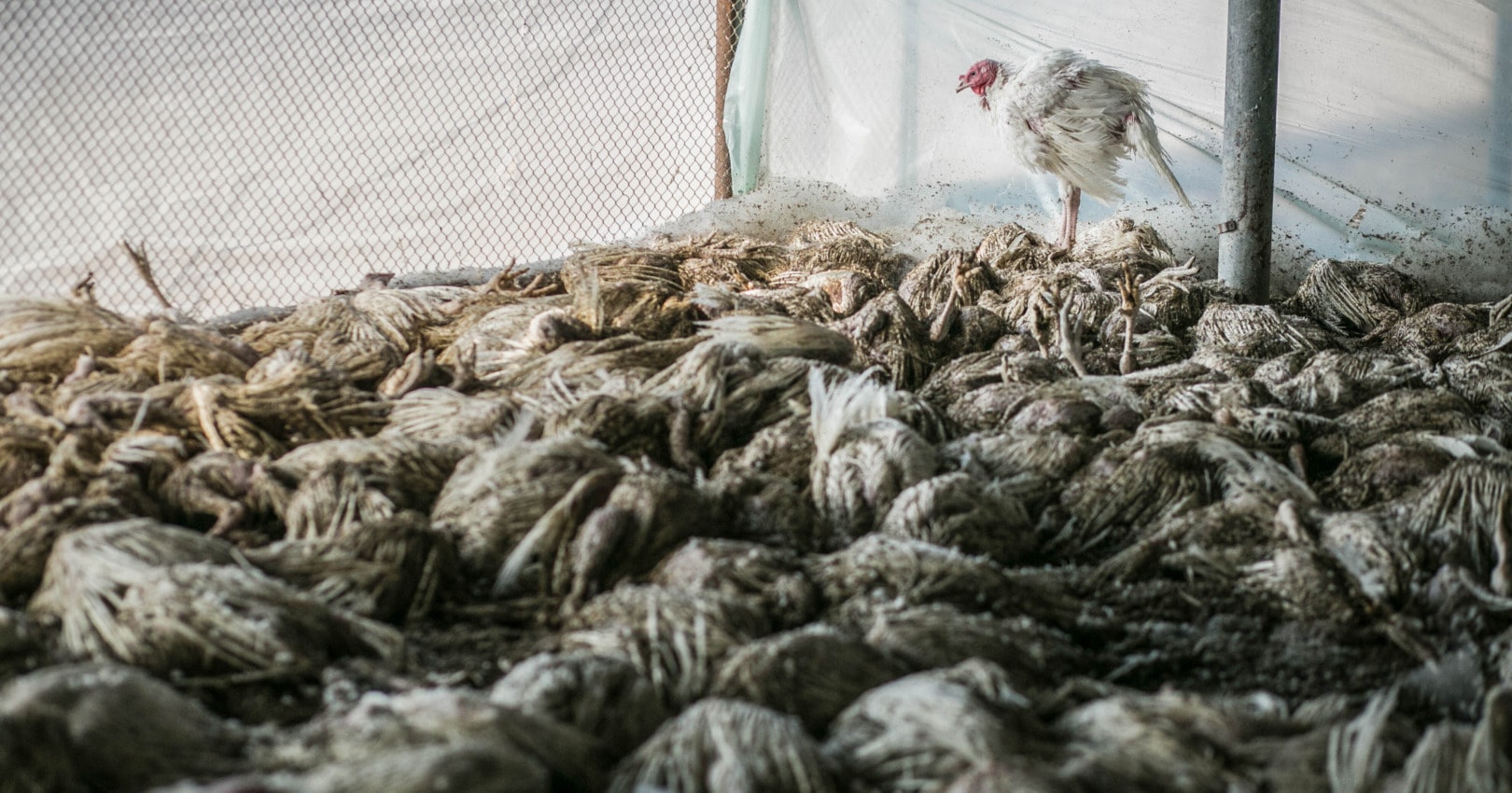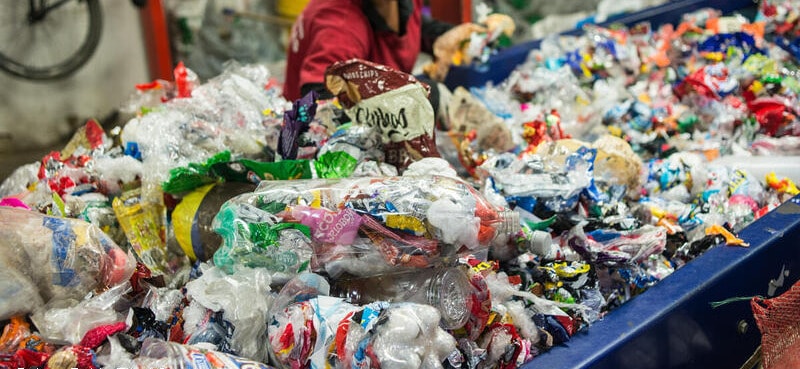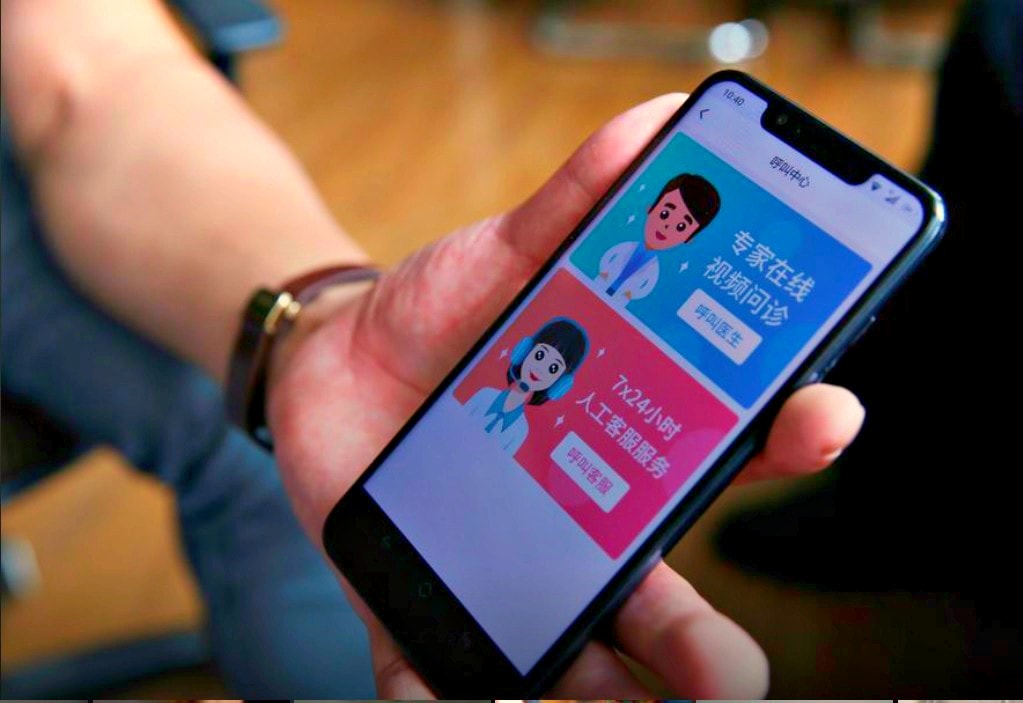COVID-19 and Bulk Buying
Finding green grocery shopping solutions can serve as a challenge even without a pandemic. With cooperatives and other green grocery stores rarely available in remote towns, avoiding single-use plastic can often require significant effort.
COVID-19 has made this task even more difficult – with increased concerns over safety, green grocery stores offering self-serving bulk departments have been sidelined and have lost business in order to protect public health. Whilst in the short term this is a necessary precaution to take, in the long term, these barriers for shopping in a more sustainable way will have significant impacts on the environment and the amount of waste we are creating.
Indeed, according to a study published by the United Nations Conference on Trade and Development, about 75% of coronavirus plastics will become landfill waste. This clearly shows the cost of COVID-19 precautions on the environment and waste output long-term.
In the photo: Repackaged lentils and beans at Rainbow Grocery. Photo credit: Clara Applegarth.
Reusable Bag and Container Ban in San Francisco
In April 2020, San Francisco banned the use of reusable bags and containers. This ban was introduced to reduce the potential spread of COVID through personal items being brought in and out of stores and/or self-serving stations, in which surfaces are touched throughout the day by multiple people. This has led to the rise of single-use plastics being used and discarded around the city for safe, contactless shopping.
For bulk stores in this area, these COVID-19 precautions have led to significant obstacles, despite their efforts to provide and encourage green solutions for their customers during these times. At Rainbow Grocery, a widely known store in San Francisco that offers one of most extensive selections of bulk in the city, this ban has had a large impact on how they operate.
‘“[The pandemic] has heavily affected us,” stated Cody Frost, Marketing Coordinator at Rainbow Grocery. “Not only are we not able to allow customers to bring in their own reusable containers,” he said, “We are actually having to use more container products than we’ve ever had to use at the moment because we’re trying to make those [bulk] products accessible.”
In the photo: Some of the options available in the bulk section at Rainbow Grocery. Photo credit: Clara Applegarth.
Frost has noted that some of his co-workers have gone to the city several times with proposals that would include safer guidelines so bulk buying can be reinstated with higher caution. “[Customers] do ask every time there’s a new update about different things, like when we posted that people can bring in the reusable bags,” said Frost.
However, despite these efforts, running a bulk buying section remains tough as the pandemic continues: “Aside from a lack of customer presence because of metering [where stores count and limit the amount of shoppers in the store at one time], there’s other parts of the stores that are impacted by lower sales. As far as green shopping solutions go, our bulk sections are basically completely shut down.”
Complaints about the reusable plastic bag ban have been growing among San Francisco residents ever since it was enacted. On July 13, San Francisco finally rescinded the order, but only for reusable grocery bags. The ban on reusable containers remains in place, offering no solutions for stores that operate through self-serving bulk departments, like Rainbow Grocery.
In the meantime, Rainbow Grocery have been repackaging bulk items in compostable and sustainable containers, and selling goods that way. But this takes more labor, time, and workers.
Going Forward…
Thankfully, in August, Frost and his teammates got a green light from the city to begin planning a soft reopen of their bulk section. The details of the plan are still in the works, but Frost noted that throughout the month, they will begin rolling it out gradually and carefully.
Whilst this is a major step for stores and customers, Frost approaches the reopening with caution. “What I’m personally hoping is that this doesn’t continue to be the new normal in as far as big plastic industry propaganda,” he said.
“I’m hoping that we don’t see a trend into fear mongering and in propaganda that tries to kind of sway that opinion [to use single-use plastics].”
While the city and state governments prepare for the Fall’s potential second and third wave of COVID-19 cases, the environmental impacts of the phenomenon are becoming clear. Though public health and safety remains the top priority, it is crucial that governments consider and strategize ways to reduce waste quickly and effectively. For stores like Rainbow Grocery, the pandemic forces green stores to rethink how to operate during these times, but as Frost argues, it is key that we don’t reverse progress made towards sustainable shopping solutions through fear mongering and ignorance.
Editor’s Note: The opinions expressed here by Impakter.com columnists are their own, not those of Impakter.com. Cover photo credit: Unsplash.
















